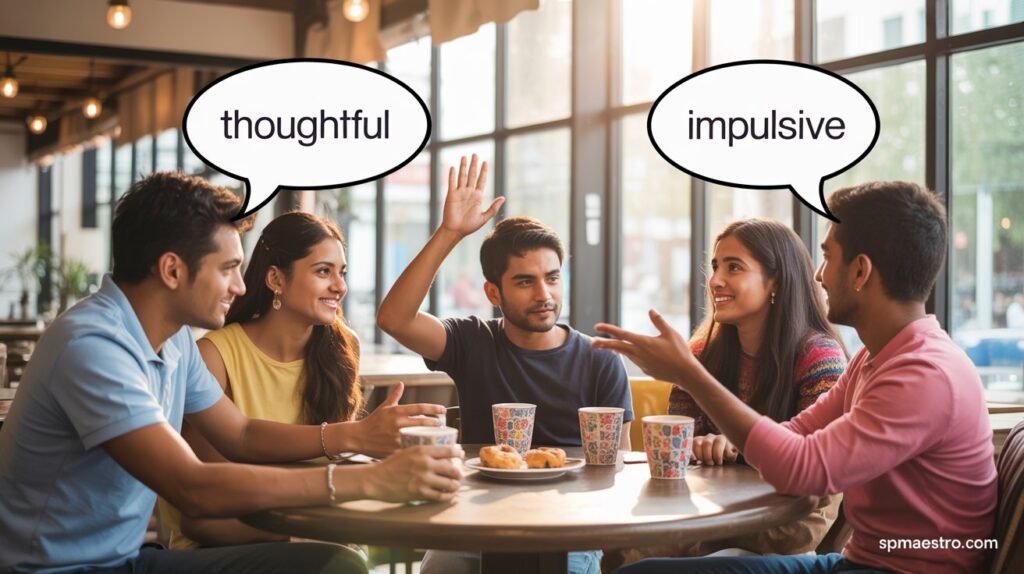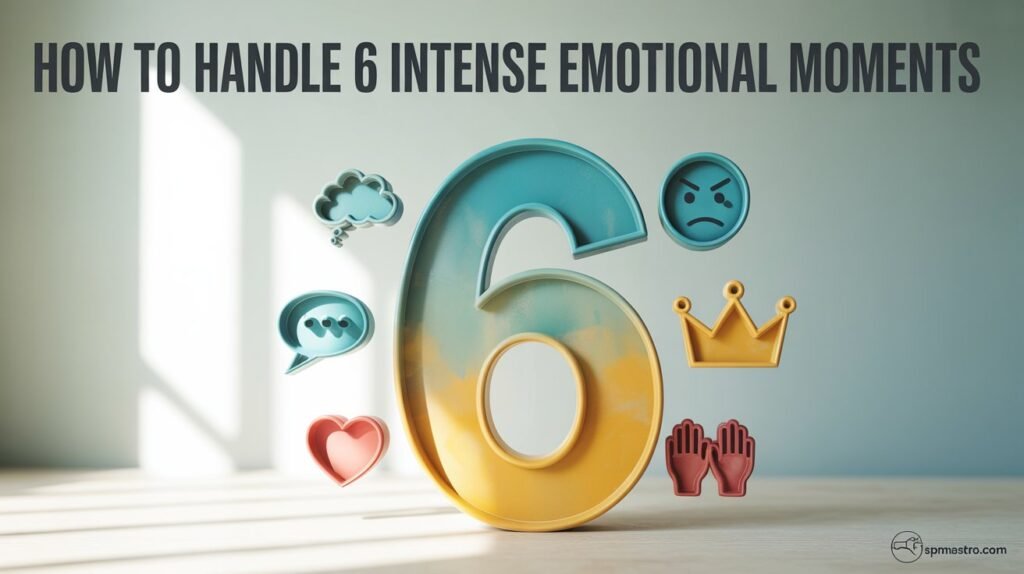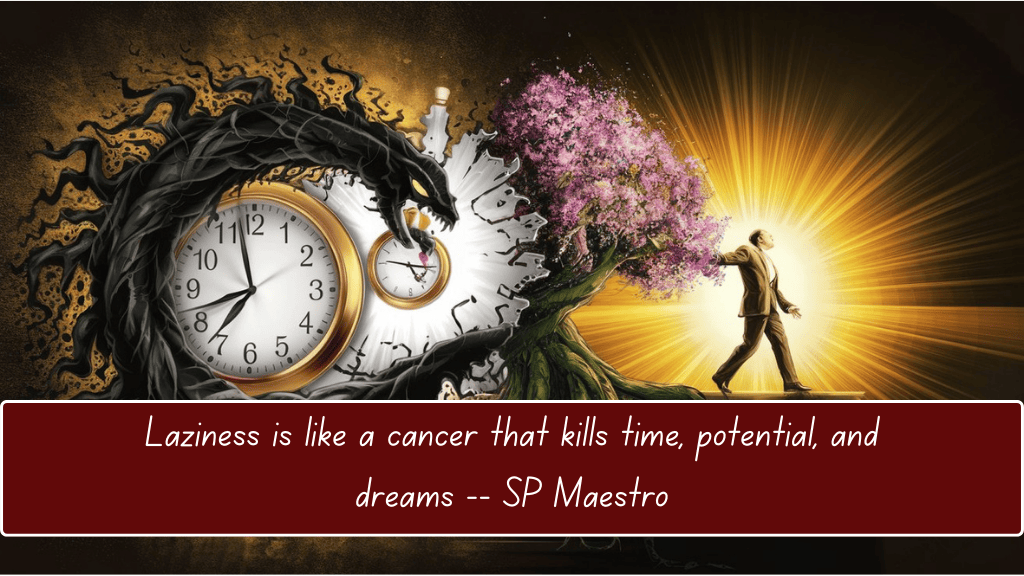Introduction
Life throws us into countless situations that test our mental strength and emotional resilience. Whether you’re dealing with solitude, social interactions, anger, success, or challenges, your response determines your peace of mind and overall well-being.
The ancient practice of mindfulness offers us a roadmap to navigate these situations with grace and wisdom. These mindfulness techniques aren’t just philosophical concepts—they’re practical tools that can transform how you experience every moment of your life.
The 6 Essential Mindfulness Techniques for Every Life Situation
1. When You Are Alone: Mind Your Thoughts
Solitude can be both a blessing and a curse. When we’re alone, our minds often wander into territories that don’t serve our well-being. Negative self-talk, worry, and rumination can take over.
Why This Matters:
- Alone time shapes your self-relationship
- Thoughts create your internal reality
- Mental patterns formed in solitude affect all other interactions
Practical Mindfulness Techniques:
- Practice thought observation without judgment
- Use breathing meditation to anchor your attention
- Implement the “STOP” technique: Stop, Take a breath, Observe, Proceed mindfully

2. With Friends: Mind Your Tongue
Social interactions can trigger impulsive speech that we later regret. Words have tremendous power to heal or harm relationships. Mindfulness techniques help us speak with intention rather than reaction.
The Challenge:
- Peer pressure to conform or impress
- Emotional reactions leading to harsh words
- Gossip and negative communication patterns
Mindful Speaking Strategies:
- Pause before responding in conversations
- Practice the “Is it true, is it kind, is it necessary?” filter
- Listen with full presence before speaking

3. When Angry: Mind Your Temper
Anger is a natural emotion, but how we express it determines whether it becomes destructive or constructive. These mindfulness techniques for anger management can save relationships and reduce regret.
Understanding Anger:
- Anger often masks deeper emotions like hurt or fear
- Physical reactions happen faster than conscious thought
- Mindful responses prevent escalation
Temper Control Techniques:
- Use the 6-second rule (anger chemicals peak and decline)
- Practice deep belly breathing
- Implement body scanning to notice physical tension

4. When Blessed: Mind Your Ego
Success and good fortune can inflate our ego, leading to arrogance and disconnection from others. Mindfulness techniques help maintain humility and gratitude during prosperous times.
The Ego Trap:
- Success can create false sense of superiority
- Gratitude gets replaced by entitlement
- Relationships suffer when ego takes control
Humility Practices:
- Regular gratitude journaling
- Acknowledge contributions of others
- Practice loving-kindness meditation
5. In Trouble: Mind Your Emotions
Difficult times can overwhelm us emotionally, leading to poor decisions and increased suffering. Mindfulness techniques provide stability during life’s storms.
Emotional Challenges During Trouble:
- Fear and anxiety cloud judgment
- Desperation leads to impulsive actions
- Emotional reactivity increases problems
Emotional Regulation Methods:
- Practice acceptance of difficult emotions
- Use grounding techniques (5-4-3-2-1 sensory method)
- Develop emotional labeling skills

6. With a Group: Mind Your Behavior
Group dynamics can trigger behaviors that don’t align with our values. Social pressure, conformity, and crowd mentality can lead us astray from our authentic selves.
Group Behavior Challenges:
- Peer pressure to act against values
- Loss of individual identity in crowds
- Conformity overriding personal judgment
Mindful Group Participation:
- Stay connected to personal values
- Practice assertive communication
- Maintain individual awareness in group settings

The Science Behind These Mindfulness Techniques
Research consistently shows that mindfulness practices physically change brain structure and function. Studies from Harvard Medical School demonstrate that regular mindfulness practice:
- Reduces amygdala reactivity (fear center)
- Strengthens prefrontal cortex (decision-making)
- Increases emotional regulation capacity
- Improves stress resilience
The American Psychological Association reports that mindfulness-based interventions show significant improvements in:
- Anxiety reduction
- Depression symptoms
- Attention span
- Relationship satisfaction
Implementing These Mindfulness Techniques Daily
Start Small, Build Consistently
Begin with just 5 minutes daily of formal mindfulness practice. Choose one situation from the six categories and focus on that area for a week.
Create Mindful Reminders
- Set phone alerts for mindfulness check-ins
- Use visual cues in your environment
- Practice micro-meditations throughout the day
Track Your Progress
Keep a simple journal noting:
- Which situations triggered old patterns
- When you successfully used mindfulness techniques
- How you felt before and after mindful responses
Common Obstacles and Solutions
“I Don’t Have Time”
- Start with 2-minute breathing exercises
- Use daily activities as mindfulness opportunities
- Practice during existing routines
“My Mind is Too Busy”
- Busy minds benefit most from mindfulness techniques
- Start with guided meditations
- Focus on one breath at a time
“I Keep Forgetting”
- Link practice to established habits
- Use smartphone apps for reminders
- Find an accountability partner
Advanced Mindfulness Techniques
Once you’ve mastered the basics, explore:
- Body scanning meditation
- Walking mindfulness
- Mindful eating practices
- Loving-kindness meditation
- Mindful communication techniques
For deeper learning, consider resources from the Mindfulness-Based Stress Reduction program or the Center for Mindfulness.
Conclusion
These six mindfulness techniques provide a comprehensive framework for navigating life’s various challenges and opportunities. By learning to mind your thoughts when alone, your tongue with friends, your temper when angry, your ego when blessed, your emotions in trouble, and your behavior with groups, you develop unshakeable inner stability.
Remember, mindfulness isn’t about perfection—it’s about awareness and gradual improvement. Each moment offers a new opportunity to practice these techniques and strengthen your mental resilience.
Start today by choosing one situation from this guide and committing to mindful awareness in that area. Your future self will thank you for the peace and wisdom you cultivate now.
Frequently Asked Questions
Q: How long does it take to see results from mindfulness techniques?
A: Many people notice initial benefits within 2-3 weeks of consistent practice. Significant changes in brain structure typically occur after 8 weeks of regular
Q: Can mindfulness techniques help with anxiety and depression?
A: Yes, numerous studies show that mindfulness-based interventions significantly reduce symptoms of anxiety and depression when practiced consistently alongside professional treatment when needed.
Q: Do I need to meditate for hours to benefit from mindfulness techniques?
A: Not at all. Even 5-10 minutes of daily practice can provide substantial benefits. Consistency matters more than duration.
Q: What if I can’t quiet my mind during mindfulness practice?
A: A “quiet mind” isn’t the goal. Mindfulness is about observing your thoughts without judgment, not stopping them. The busy mind gradually settles with practice.
Q: What if I can’t quiet my mind during mindfulness practice?
A: A “quiet mind” isn’t the goal. Mindfulness is about observing your thoughts without judgment, not stopping them. The busy mind gradually settles with practice.
Other interesting content you may like
You may find other engaging content that interests you.
Neuroplasticity: 5 Steps to Rewire Your Brain for Success
Which Utensil is Healthiest for Eating? Complete Guide to 9 Utensils and Their Health Effects
18 Laws of Human Nature: Ultimate Guide to Decode People Like a Pro
Introduction: Why Understanding Human Nature Changes Everything Have you ever wished you could read people…
His Holiness Beloved SP Maestro MahaaGURU Ji Invited as Special Guest for Hanuman Chalisa Meditation in London
A Sacred Evening of Spiritual Awakening at Siddhashram Dham London is set to witness a…
1600+ Days of Continuous Yagnas and Counting: An Ongoing Mission for Global Harmony
One of the Longest Continuous Yagna Rituals in Modern History An Unprecedented Spiritual EndeavorIn an…
Journey of His Holiness Beloved SP Maestro MahaaGURU Ji
25 years of inspiring journey of His Holiness Beloved SP Maestro MahaaGURU ji HIS HOLINESS…









